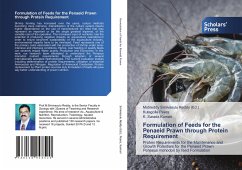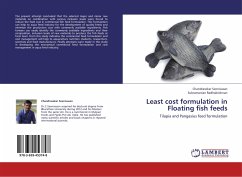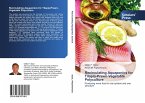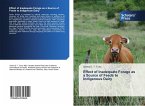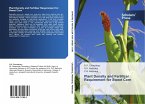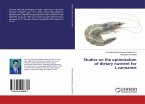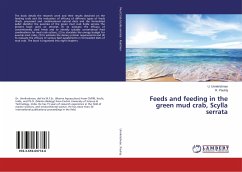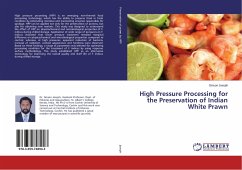Shrimp farming has increased over the years, culture methods becoming more intensive. Intensification of the culture system means higher dependence on the use of manufactured dry feed that may represent an important or be the single greatest expense, of the variable cost of the operation. The increased input of nutrients, has the potential of producing negative impacts on aquaculture operations.In order to insure long-term sustainability of the aquaculture industry, environmental impacts have to be minimized. Feed represents one of the primary costs associated with the production of shrimp under semi-intensive and intensive conditions. Hence, over feeding or quality feeds can severely impact Water quality, Production and Economics. In this work, our research team attempted to understand the Penaeus monodon nutrient requirements through adoption of several internationally accepted methodologies. The nutrient evaluation studies including determination of protein requirements, utilization of essential Aminoacids and Nitrogen, Regulation of Aminoacid Catabolism, Protein replacement by Plant protein sources duly formulation of feeds will pave way better understanding of prawn nutrition.
Bitte wählen Sie Ihr Anliegen aus.
Rechnungen
Retourenschein anfordern
Bestellstatus
Storno

